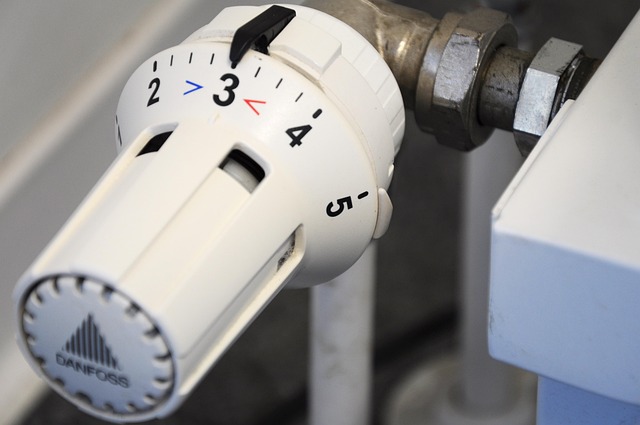Exploring Options in Senior Home Care Services
As our loved ones age, ensuring they receive proper care and support becomes a top priority. Senior home care services offer a range of solutions to help elderly individuals maintain their independence while receiving necessary assistance. This article explores the various options available in senior home care services, focusing on caregiver services and their functions.

What are the main types of senior home care services?
Senior home care services can be broadly categorized into two main types: medical and non-medical care. Medical care, often provided by licensed nurses, includes services such as medication management, wound care, and monitoring of vital signs. Non-medical care, typically offered by caregivers, encompasses assistance with daily living activities, companionship, and light housekeeping.
What specific functions do caregiver services provide?
Caregiver services cover a wide range of functions designed to support seniors in their daily lives. These may include:
-
Personal care assistance (bathing, dressing, grooming)
-
Meal preparation and feeding
-
Mobility support and fall prevention
-
Medication reminders
-
Light housekeeping and laundry
-
Transportation to appointments and errands
-
Companionship and social engagement
The specific functions provided can be tailored to meet the individual needs of each senior.
How do you determine the level of care needed?
Assessing the level of care needed is a crucial step in selecting the appropriate senior home care services. This process typically involves:
-
Consulting with healthcare professionals
-
Evaluating the senior’s ability to perform daily activities
-
Considering any existing medical conditions or cognitive impairments
-
Assessing the level of family support available
-
Determining the senior’s preferences and desires for care
Many home care agencies offer free in-home assessments to help families determine the most suitable care plan.
What qualifications should you look for in caregivers?
When selecting a caregiver, it’s essential to consider their qualifications and experience. Look for caregivers who:
-
Have completed certified nursing assistant (CNA) or home health aide (HHA) training
-
Possess CPR and first aid certifications
-
Have experience working with seniors, especially those with similar needs
-
Demonstrate patience, compassion, and good communication skills
-
Have undergone background checks and drug screenings
-
Receive ongoing training and supervision from their agency
What unique benefits do senior home care services offer?
Senior home care services provide numerous advantages that set them apart from other care options. In the United Kingdom, these services offer:
-
Personalized care tailored to individual needs and preferences
-
Familiar environment, allowing seniors to age in place
-
One-on-one attention and companionship
-
Flexible scheduling to accommodate changing needs
-
Respite for family caregivers
-
Cost-effective alternative to residential care facilities
-
Support for maintaining independence and quality of life
How much do senior home care services typically cost?
The cost of senior home care services can vary widely depending on the level of care required, the location, and the specific provider. Here’s a comparison of some typical home care services and their estimated costs in the UK:
| Service Type | Provider | Estimated Cost (per hour) |
|---|---|---|
| Basic Companionship | Home Instead | £20 - £25 |
| Personal Care | Bluebird Care | £22 - £28 |
| Specialized Dementia Care | Helping Hands | £25 - £30 |
| Live-in Care | Carewatch | £800 - £1,500 per week |
| Respite Care | Age UK | £20 - £30 |
Prices, rates, or cost estimates mentioned in this article are based on the latest available information but may change over time. Independent research is advised before making financial decisions.
It’s important to note that many local authorities in the UK provide financial support for eligible individuals. Additionally, some may qualify for NHS-funded care if they have complex medical needs.
In conclusion, senior home care services offer a flexible and personalized approach to supporting elderly individuals in their own homes. By understanding the various options available, the functions caregivers provide, and the associated costs, families can make informed decisions about the best care solutions for their loved ones. Whether it’s basic companionship or more intensive personal care, home care services can significantly enhance the quality of life for seniors while providing peace of mind for their families.
This article is for informational purposes only and should not be considered medical advice. Please consult a qualified healthcare professional for personalized guidance and treatment.




